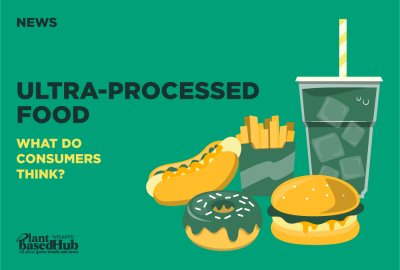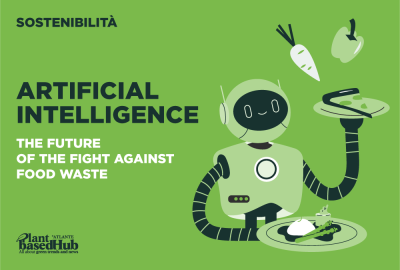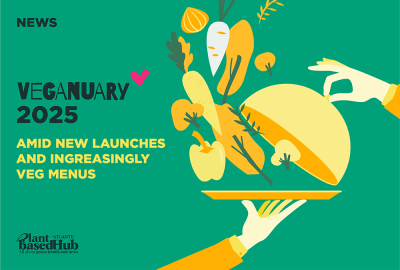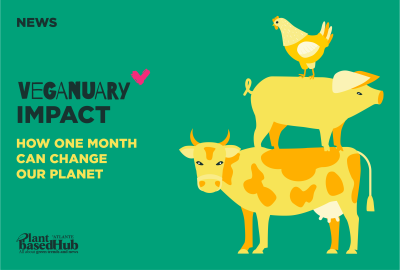Atlante
News
All the uses of pea protein in plant-based nutrition
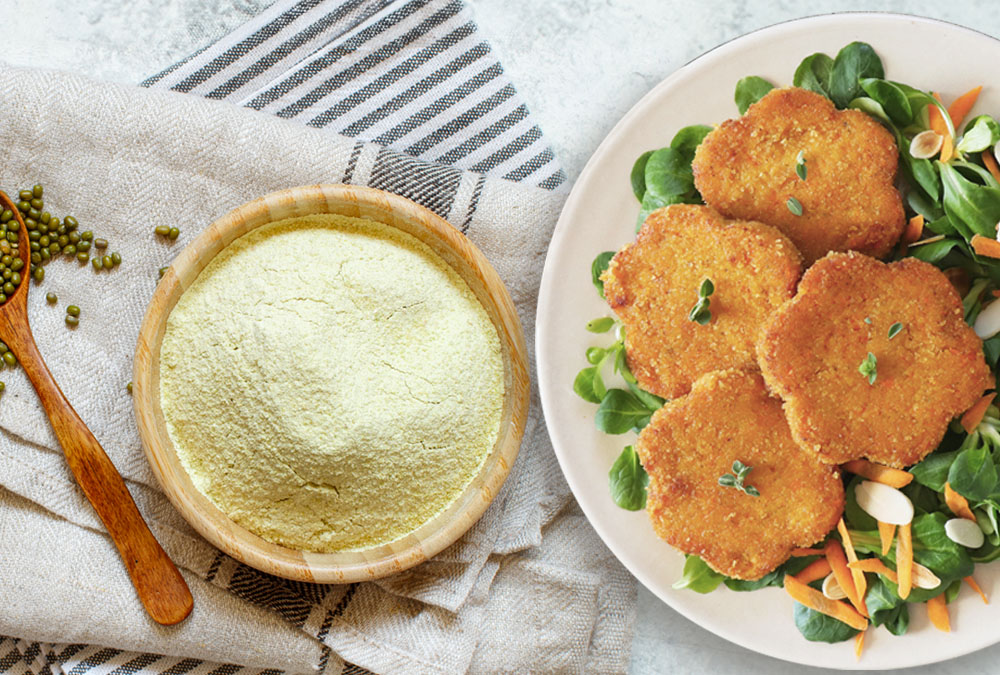
10 April 2024
Besides being versatile and tasty, peas are also a valuable source of protein in a plant-based diet. The by-products of this leguminous plant offer a wide range of health benefits and are an essential component for those who value a balanced and sustainable diet.
So let’s take a closer look at what pea protein is and how it is used.
Pea protein: composition and nutritional profile
Pea proteins are composed of molecules called amino acids, which are the ‘building blocks’ essential for building proteins in our bodies. Some of these amino acids are classified as essential, meaning that our bodies cannot produce them on their own and must therefore be obtained through food.
When we say that pea protein has a complete amino acid profile, we mean that it contains all the essential amino acids needed by our body.
This characteristic makes peas a high-quality source of protein, akin to those of animal origin, such as meat, fish, and dairy products. These foods provide our bodies with all the necessary nutrients for growth, repair, and maintenance of muscle and cellular tissue.”
An additional advantage of pea protein is that it is naturally cholesterol-free and contains low levels of saturated fat. This is a clear benefit for cardiovascular health, as excessive consumption of cholesterol and saturated fat is associated with an increased risk of heart and vascular disease. Therefore, including pea protein in the diet helps maintain a healthy heart and reduce the risk of developing these diseases.
Pea proteins and plant-based diets. What is the connection?
The world of plant proteins is experiencing unprecedented growth and innovation. The global pea protein market reached approximately USD 1.4 billion om 2022, and market research institute MarkNtel Advisors forecasts a CAGR (Compound Annual Growth Rate) of approximately 8% between 2024-30. This rapidly expanding market is set to transform the global food landscape, with an acceleration in product variety, quality and accessibility.
Key factors behind this growth include increased awareness of the environmental impacts of intensive livestock farming and the search for healthier diets. Technological innovations in food production are also improving the taste, texture and nutritional value of plant protein-based products, making them increasingly appealing to the general public. The cultivation of peas also requires less water and soil than other protein crops, making it an environmentally friendly choice. Last but not least, pea proteins are allergen-free, which means they are available to people with intolerances or allergies to other protein sources, such as soya or gluten.
How can pea-proteins be integrated into a plant-based diet?
For those who follow a vegetarian or vegan diet, pea proteins are a real resource for satisfying nutritional needs. They come in different forms: fresh peas can be used in many dishes, such as salads, soups or risottos, to increase the protein content and enrich the flavour. Once cooked, dried peas can be used to prepare soups, stews and casseroles. Pea flour is a versatile option for preparing bread, biscuit and cake mixes, adding nutritional value without compromising on taste. Pea protein isolate powder is particularly useful for athletes or those who require a quick protein supply without the addition of carbohydrates or fat.
The versatility of pea proteins allows them to be easily incorporated into many dishes, offering protein solutions for every meal of the day. They can be used to prepare vegetarian burgers, patties, and other alternatives to animal proteins.
Today, more and more meat and dairy alternatives enriched with pea protein are on the market, such as our Vegamo Daisies. These flower-shaped mini burgers are available in three different flavours (spinach, mushroom, carrot & pumpkin) and are 100% vegetarian and packed with vegetables. In line with the trend for alternative bases, they contain no soya and are enriched with pea protein!

